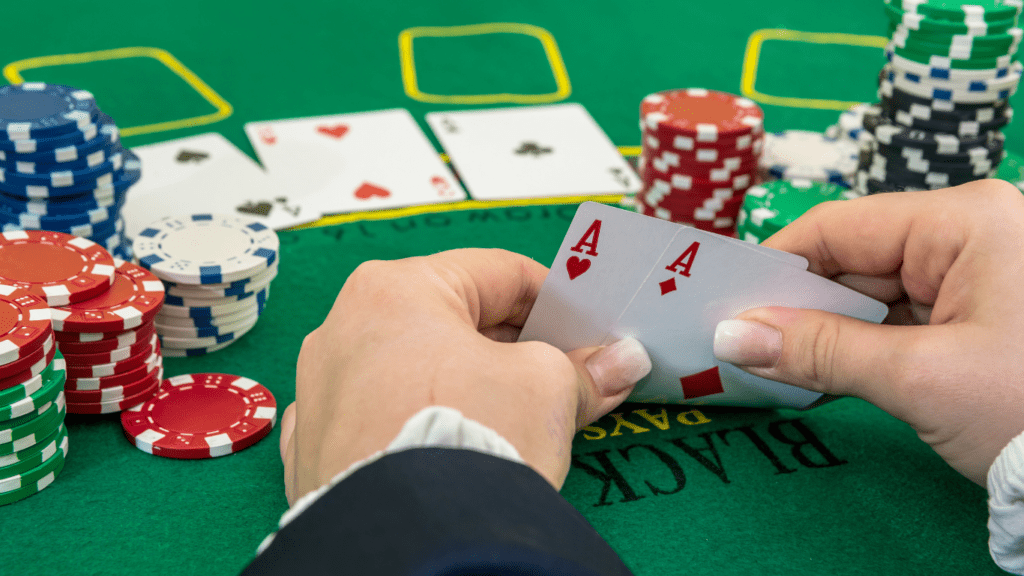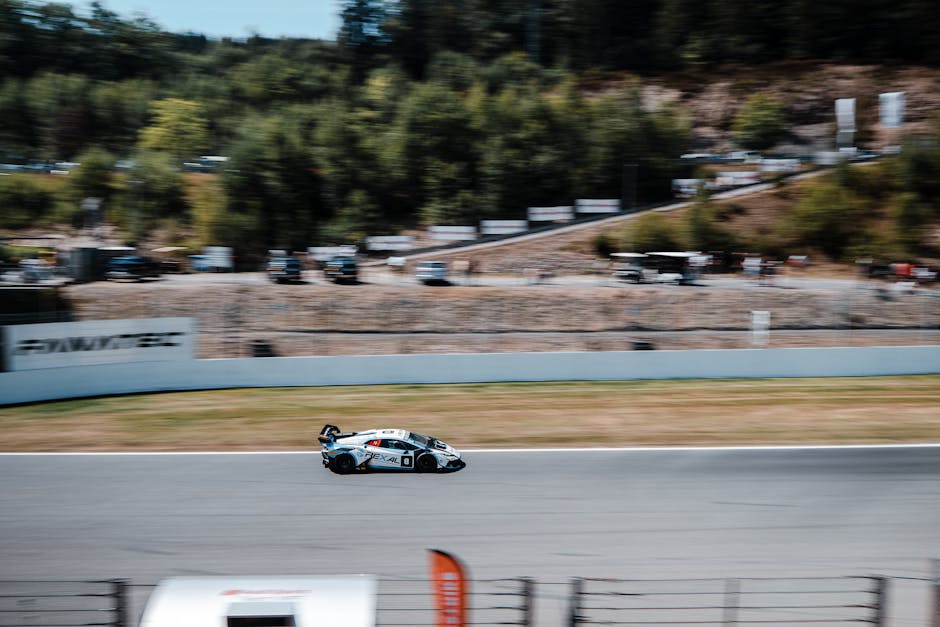Understanding High-Stakes Tournaments
High-stakes tournaments create an electrifying atmosphere, combining strategy with psychological endurance. These events draw dedicated players aiming for significant rewards. Understanding these competitions involves grasping a few critical elements.
Format and Structure
High-stakes tournaments usually follow distinct formats, such as single-elimination or round-robin. Each format impacts strategy; single-elimination requires consistent peak performance to avoid elimination. The structure determines progression, affecting player tactics at every stage.
Prize Pools and Entry Fees
Significant prize pools often attract top-tier competitors. Entry fees can vary widely, with higher stakes demanding substantial investments. The cost/benefit analysis becomes crucial before entering. Comparing prize distribution with fees helps assess potential returns.
Skill Level and Competition
Top competitors with refined skills populate high-stakes environments. This level of competition requires players to constantly refine strategies, analyze opponents, and adapt to evolving dynamics. Mastery over playing styles and adapting to quickly changing scenarios is essential.
Psychological Pressure
Intense psychological pressure defines high-stakes tournaments. Players face stressors like:
- time constraints
- audience expectations
- monetary stakes
Managing emotions while maintaining focus separates successful participants from others. Techniques like mindfulness and visualization can enhance mental resilience.
Preparing for the Tournament

To excel in high-stakes tournaments, players must adequately prepare both mentally and physically. Mastery of skills and honing strategic insights are key elements in effective preparation.
Training and Skill Development
- Training sessions should be rigorous and focused, targeting specific aspects of the game.
- Players often dedicate several hours daily to practice fundamental skills and advanced techniques.
- In games like poker, this could mean hours spent on calculating odds and practicing bluffing tactics.
- For esports, it involves refining mechanics and learning new strategies.
- Regularly analyzing gameplay recordings can identify weaknesses and areas for improvement.
- Leverage tools, join training camps, or participate in scrims to simulate real tournament conditions.
Mental and Physical Preparation
Mental fortitude is essential for high-stakes competition. Players practice techniques like mindfulness to maintain focus, especially under pressure. Visualization exercises help anticipate challenges, fostering strategic flexibility. Physical well-being also impacts performance; a healthy lifestyle with a balanced diet, sufficient sleep, and regular exercise supports peak cognitive function. Balancing mental and physical preparation creates a resilient player ready for the intense demands of high-stakes tournaments.
Key Strategies for Success
Success in high-stakes tournaments demands strategic planning and execution. Understanding the key strategies enhances performance and boosts your chances of victory.
Managing Pressure
Pressure management is crucial in high-stakes scenarios. I focus on mental preparation, using techniques like mindfulness to stay centered and reduce anxiety. Visualizing success helps me anticipate and handle in-game stressors. Practicing deep breathing exercises keeps my nerves in check, allowing for clearer decision-making under pressure. Observing top players who excel in high-pressure situations provides valuable insights into maintaining composure.
Effective Time Management
Effective time management maximizes performance during tournaments. I create a structured schedule, balancing practice, rest, and strategic analysis, ensuring optimal cognitive function. Utilizing tools like timers and task lists helps me allocate time effectively, focusing on areas needing improvement. I also prioritize analyzing matches post-play to identify and refine strategies. By mastering time management, I sustain focus and adapt strategies as needed.
Common Challenges Players Face
Players in high-stakes tournaments encounter various difficulties that test their skill and resolve. Meeting these challenges head-on can lead to growth and improved performance.
Handling Defeat
Managing losses in high-stakes environments poses a significant challenge. Players must analyze their gameplay critically to learn from mistakes without dwelling on them. Setting realistic goals and focusing on long-term improvement can mitigate the emotional impact of a loss. I suggest maintaining a balance between personal reflection and seeking external feedback to identify areas for growth.
Coping with Stress
Stress is a constant companion in high-stakes tournaments. Players often experience intense pressure due to the competitive nature and potential financial gains involved. Developing robust stress management strategies is crucial. I advocate for techniques such as deep breathing, meditation, and visualization, which can help maintain composure. Structuring time effectively and ensuring adequate rest are also key to managing stress levels during competition.
Building a Winning Mindset
A winning mindset plays a crucial role in succeeding at high-stakes tournaments. Developing this mindset requires a focus on both confidence building and learning from mistakes.
Confidence Building
Confidence forms the foundation of a winning mindset. I internalize self-belief by setting achievable goals and recognizing my successes, no matter how small. Visualizing success boosts my confidence before facing opponents in tense situations. Positive affirmations reinforce my ability, helping maintain composure during the tournament. Regular practice sharpens my skills and builds familiarity under pressure, ultimately enhancing my self-assurance.
Learning from Mistakes
Embracing mistakes is an essential part of growth. I analyze my gameplay critically after each match to identify areas needing improvement. Acknowledging errors allows me to adjust strategies and avoid repeating them. Recording these mistakes provides insights into patterns, which informs my future tactics. Feedback from peers or coaches offers an objective perspective, further developing my skills. This continuous learning cycle encourages resilience and adaptability in high-stakes environments.





